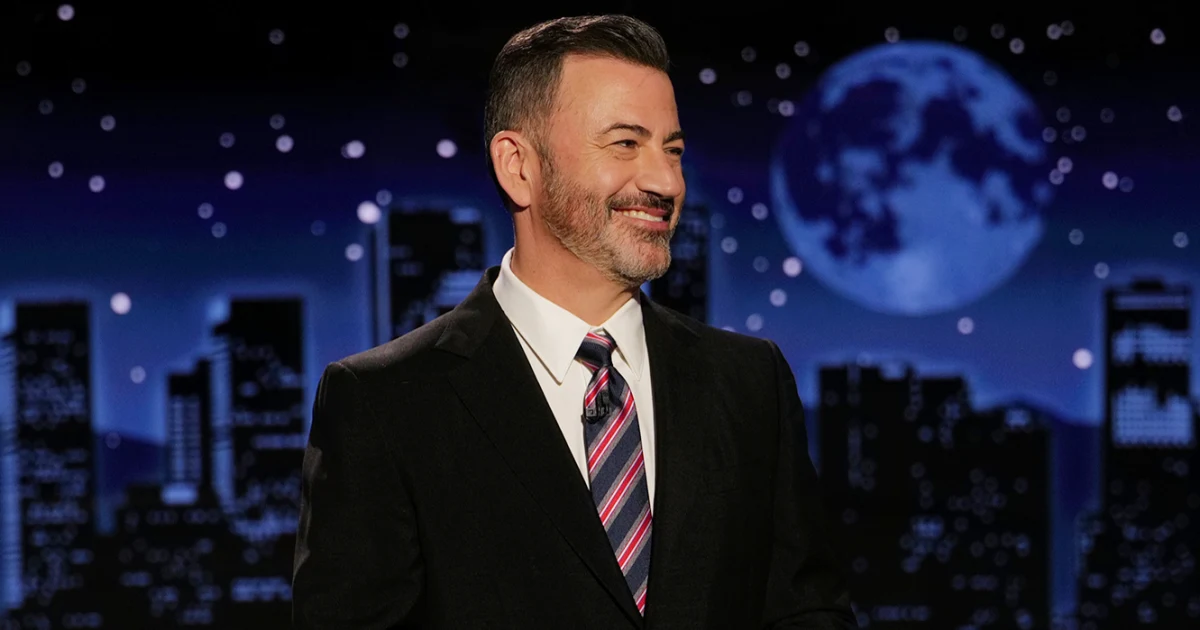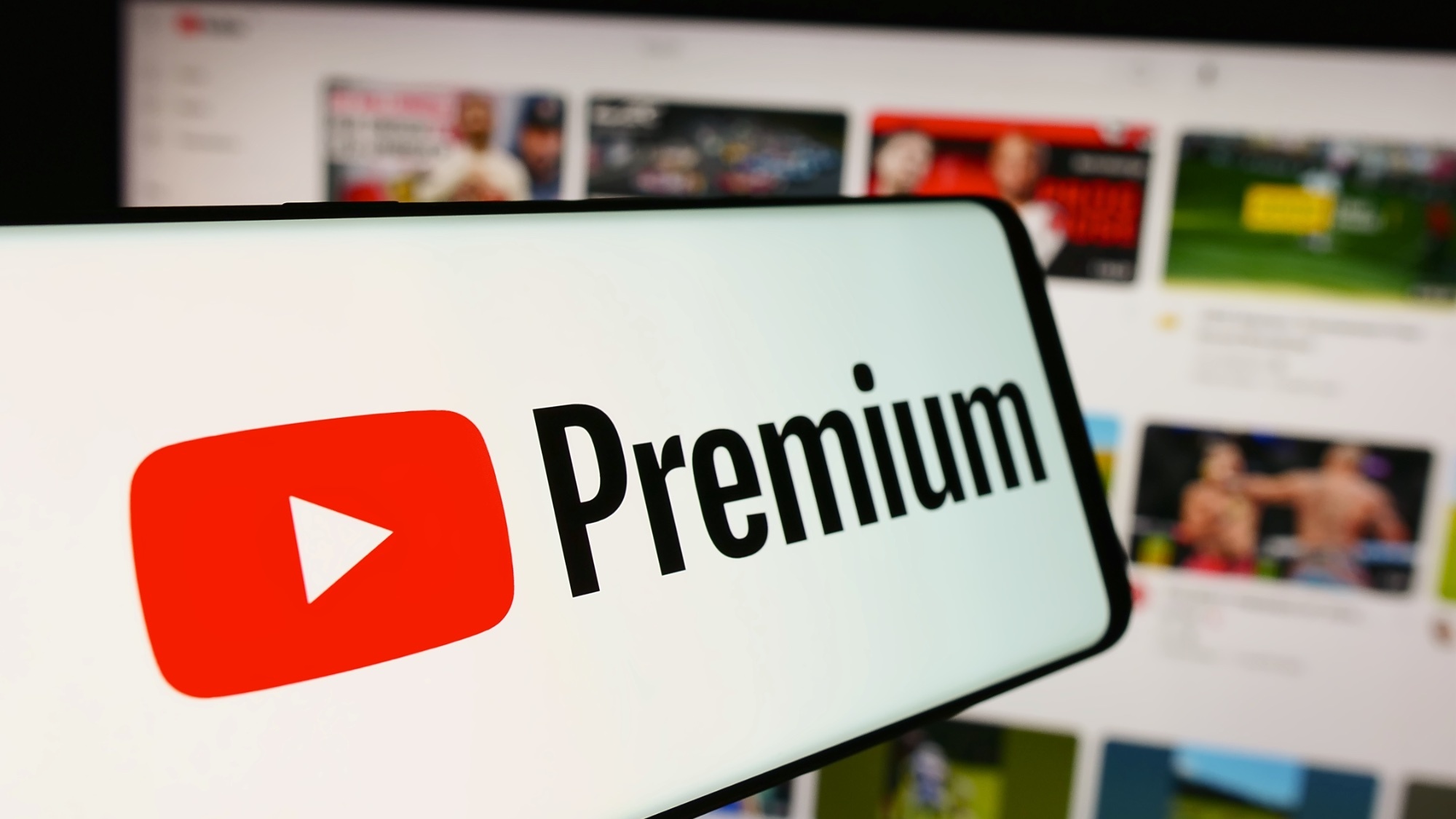Trump’s response to Jimmy Kimmel’s return is a grim reminder about the state of comedy

Unless you’ve been snatched off the street and disappeared by masked federal agents, you probably know that comedian Jimmy Kimmel has become embroiled in the most sensational free speech controversy of the MAGA era.
Last week, “Jimmy Kimmel Live!” was suspended by ABC/Disney. The decision was triggered by the refusal of Nexstar Media Group and Sinclair Broadcast Group to carry the show in their markets (which comprise more than 20% of ABC affiliates). Meanwhile, FCC Chair Brendan Carr gloated that “the entire media ecosystem” might soon succumb to Kimmel’s ignominious fate. Some on the right rejoiced and memed like they just conquered Greenland.
Kimmel’s monologue handled the raging controversy with surefootedness.
Then came the backlash. Irate liberals protested the decision, canceled their Disney subscriptions and signed petitions. Jon Stewart and other late-night hosts lampooned the Trump administration. Conservative voices ranging from Ted Cruz to the The Wall Street Journal editorial page expressed grave concerns. Joe Rogan did the principled thing and stated: “I definitely don’t think that the government should be involved, ever, in dictating what a comedian can or cannot say in a monologue,” adding that the notion is “crazy.”
And when you lose Joe Rogan …
Jimmy Kimmel’s return to ABC on Tuesday night was a high-pressure, high-drama, high-stakes performance that will be discussed in American free speech circles for years to come (Sinclair and Nexstar continue to refuse to air the show on their local stations). Politically and culturally, the show hit most of the right notes. From the point of view of comedy, however, it was less successful. Perhaps that’s because this entire situation is fundamentally unfunny.
Kimmel’s monologue handled the raging controversy with surefootedness. While holding back tears, he stressed: “It was never my intention to make light of the murder of a young man.” He roll-called the list of conservatives who broke with the Trump administration and defended the principle of free speech. Continuing to de-partisanize the issue, he observed: “A government threat to silence a comedian the president doesn’t like is anti-American.” The host praised the wife of Charlie Kirk who forgave the murderer of her husband. “If you believe in the teachings of Jesus as I do,” Kimmel reflected, “[this was] a selfless act of grace … It touched me deeply.”
As for the jokes, they were tepid — and sort of beside the point. Reflecting on the maelstrom Trump has unleashed, Kimmel quipped: “He might have to release the Epstein files to distract us from this.” Riffing on Trump’s new war on Tylenol, the host warned that by abstaining from the drug, “you too can look like a glazed ham with deep vein thrombosis.” Robert De Niro played FCC Chair Brendan Carr as an f-bomb dropping mafioso (“Speech. it ain’t free no more … we’re charging by the word now”).
It was all a reminder that being a comedic free speech icon ain’t easy. The role creates intense mental and physical anguish for the entertainers thrust into this position. (Think of Lenny Bruce, who was hounded and jailed by law enforcement for his vulgarity, or Richard Pryor who clashed with NBC studio executives.) Icon duties also transform comedians, whose expertise consists of making people laugh, into the policy advocates and thought leaders that they were never trained to be. Most importantly, audiences, so vital to the art of live comedy, mutate during these controversies; fans don’t just want jokes, they want revenge. When laugh lines must double as applause lines, the entertainers, audience and the art form itself suffer some fundamental distortion.
Washingtonians like myself learned about the boycott, to invoke Carr’s words, “the hard way.”
I’m less worried about Kimmel’s jokes than whether audiences will be able to really hear them. Sinclair and Nexstar’s boycott threatens the show’s very existence. Entertainment journalist Richard Rushfield in his Substack The Ankler estimates that Sinclair and Nexstar comprise “25% of ABC’s affiliate footprint.” That means, Rushfield writes, that by refusing to air the program, they may deprive ABC of $12 million in advertising revenue.
Washingtonians like myself learned about the boycott, to invoke Carr’s words, “the hard way.” Our local ABC station WJLA (owned by Sinclair) did not broadcast the episode. The blackout led residents of the District of Columbia to frantically call their cable providers and streaming services (in my case, leading me to wonder if we were speaking with some newly synthesized bot/human hybrid). Many pestered their (unsympathetic) children to suggest digital workarounds. Others vowed to call their elected congressional representatives — only to realize they didn’t have any.
Tuesday night’s episode didn’t resolve the conflict. True, Kimmel won this battle because of his brave free speech stance. Then again, just before the show, President Donald Trump took to Truth Social to threaten ABC again and wish that Kimmel “would rot in his bad ratings.” All of which reminds us that political comedy is a uniquely powerful, polarizing and vulnerable art form.



